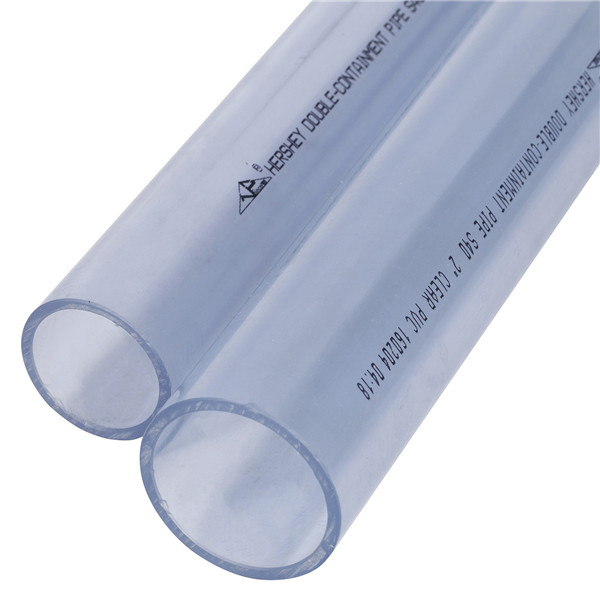set. . 14, 2024 16:08 Back to list
hdpe gas pipe
Understanding HDPE Gas Pipes Benefits and Applications
High-Density Polyethylene (HDPE) pipes have become an essential component in the natural gas distribution industry. Known for their durability, flexibility, and resistance to corrosion, HDPE pipes are ideal for transporting gas and other fluids in various applications. This article explores the advantages and applications of HDPE gas pipes, highlighting why they are increasingly favored over traditional materials.
What is HDPE?
High-Density Polyethylene is a thermoplastic made from petroleum. Its high strength-to-density ratio makes it particularly suitable for a range of industrial applications. In the context of gas transportation, HDPE pipes are praised for their lightweight nature and the ease with which they can be installed. They are available in a variety of sizes and can be manufactured to meet specific pressure ratings, making them versatile for different pipeline projects.
Advantages of HDPE Gas Pipes
1. Durability and Longevity One of the primary benefits of HDPE pipes is their ability to withstand harsh environmental conditions. They are resistant to impact, abrasion, and corrosion, which extends their lifespan significantly compared to traditional materials like steel or iron. This durability ensures that gas can be transported safely and reliably over long distances.
2. Flexibility and Ease of Installation HDPE pipes are highly flexible, allowing for easier installation, especially in challenging terrains. The ability to bend without breaking means that fewer fittings and joints are required, which can drastically reduce the labor and costs associated with pipeline construction.
3. Lightweight Compared to metal pipes, HDPE pipes are substantially lighter, making transportation and handling easier. This quality not only speeds up installation but also reduces the environmental impact associated with heavy machinery and equipment.
hdpe gas pipe

4. Resistance to Chemicals HDPE is resistant to a wide range of chemicals, which is beneficial when dealing with the various additives found in gas mixtures. This property ensures that the integrity of the gas is maintained throughout its journey from source to end-user.
5. Cost-Effectiveness Though HDPE pipes may have a higher initial cost compared to conventional materials, their longevity and low maintenance requirements often result in lower overall project costs. The combination of reduced installation time, fewer repairs, and lower lifecycle costs makes HDPE an economically sound choice.
Applications of HDPE Gas Pipes
HDPE gas pipes are widely utilized in various applications, such as
- Natural Gas Distribution They are predominantly used in municipal gas distribution systems, where they transport natural gas from distribution centers to homes and businesses. - Industrial Use Industries that require the movement of gases for their operations also benefit from using HDPE pipes. This includes applications in chemical processing and food manufacturing where gases are integral to the production process.
- Underwater and Underground Installations The flexibility and corrosion resistance of HDPE make it suitable for underwater and underground installations, which require resilience against environmental stressors.
Conclusion
In conclusion, HDPE gas pipes are a groundbreaking solution for the transportation of natural gas and other gaseous substances. Their durability, flexibility, and cost-effectiveness make them an ideal choice for both residential and industrial applications. As the demands for reliable and efficient gas distribution systems continue to grow, the adoption of HDPE pipes is likely to increase, contributing to safer and more sustainable energy solutions for the future.
-
Durable PP Rigid Sheet: Lightweight, Chemical Resistant Solutions
NewsAug.21,2025
-
PVC Grey Sheet for Extraction: Chemical Resistant & Durable
NewsAug.19,2025
-
Durable PVC Pipe Fittings for Plumbing & Irrigation Needs
NewsAug.18,2025
-
HDPE Steel Belt Reinforced Spiral Corrugated Pipe | High Strength
NewsAug.17,2025
-
HDPE Pipe Fittings: Durable, Leak-Proof Solutions
NewsAug.16,2025
-
Premium CPVC Sheet: High-Temp & Chemical Resistant Solutions
NewsAug.15,2025

